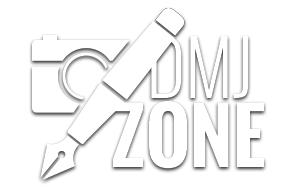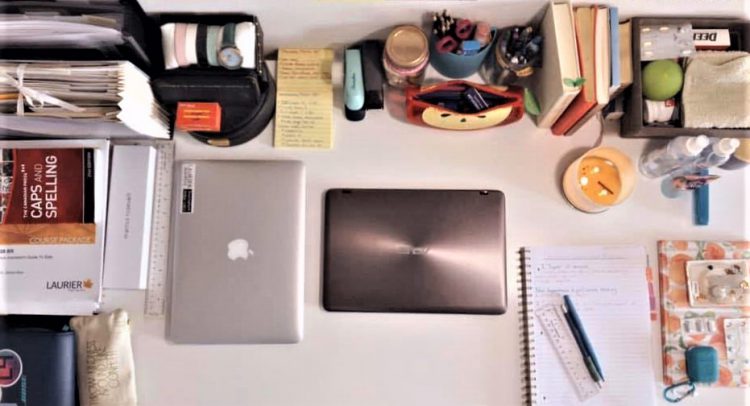A STUDENT REFLECTS ON HER REMOTE INTERNSHIP DURING THE COVID-19 PANDEMIC.
By Samantha McGregor
Within the first couple of months of 2020, I had secured the perfect summer internship with Healthy Youth Network (HYN) a not-for-profit located in Flamborough, Ont., focused on creating communities where all youth can be successful. I was set to start work at the beginning of May and had been offered full-time hours.
As February came to an end and March began, the threat of COVID-19 hung in the air. By March 15, my university, Wilfrid Laurier, had closed its doors to in-person classes and the rest of Ontario post-secondary schools followed suit.
For many, the country-wide lock down that followed meant the loss of shifts and even jobs. According to the March Labour Force Survey from Statistics Canada, 3.1 million Canadians lost their jobs entirely or had their household income reduced.
Working from home was a new experience for most people. It wasn’t ideal for anyone starting a new job or their first real job. For students looking to complete co-ops or internships, the idea of doing them remotely seemed impossible.
Like many, Tyler Van Herzele, co-ordinator of community workplace partnerships at Laurier, thought student placements would be difficult amidst a pandemic.
However, Van Herzele says that “just because it looks different doesn’t mean it’s less, and I think that’s something we are all trying to focus on.”
I agree: my experience of completing a remote internship this summer suggests it may even be more beneficial than a typical nine-to-five, in-person job.
While my full-time hours were reduced to less than part time — 15 hours a week — I was thankful to have a job and a pay cheque, even if it meant working entirely from home.
From April to August, I worked as the communications intern for HYN, a collaborative network of professionals from the education, health and business sectors who work together to create communities where all youth can flourish. HYN runs programs and events that support youth mental health and aim to see all youth succeed.
As their intern, I was tasked with creating and posting social media content, writing our monthly column and press releases, connecting with old and new partners, developing our website and more.
While these tasks seemed easy enough to complete from home, there were some surprising benefits I hadn’t considered. One was the positive impact it had on my mental and physical health, and I wasn’t the only one who noticed this.
Penny Deathe, my boss and the executive director and founder of HYN, says being able to work anywhere other than the office was positive.
“Because you could go outside and work or go to the beach or the cottage, it allowed you to have more of a summer,” she says. “It supported your mental health better than sitting in an office.”
She was right. If I was having a bad day but still had a project to do, I could easily take my laptop from my desk to the backyard or even to the lake. The change of scenery, exposure to sunlight and fresh air always made it easier, and more enjoyable, to work.
My physical health also improved because I wasn’t confined to a typical nine-to-five day. I had the freedom to move around — literally.
Instead of exercising after a long day of work, I could do it in the middle of the day. I went for walks and bike rides in the afternoon because I was more motivated at that time than after dinner.
Although I discovered a lot of personal benefits from interning at home, I had doubts before that I would learn anything professional.
Deathe says a remote internship could have been a nightmare, but luckily for us, Deathe knew me before the summer and trusted me enough to do what needed to get done.
It was then I realized how important soft skills were and how I could build them over the summer.
With no one to watch over my shoulder constantly, I was in charge of my own time management. While I already had some well-developed techniques before this summer, I was able to put them into practice and work out the kinks to create my perfect schedule.
Knowing that I am a morning person, I scheduled all my work and meetings before lunch — staring at nine and ending at one. I would then always leave one hour for lunch and then another hour for working out. Every day looked more or less the same.
I also learned how to communicate effectively in different ways such as phone or email. Each form of communication comes with different etiquette, and knowing how and when to utilize each one is a skill many seem to lack.
I was able to develop my flexibility and adaptability and make them two of my strongest assets. The pandemic made things change on an hourly basis, so we could never plan too far ahead. Being able to switch gears quickly and be OK with the constant change was an overall theme of my internship.
After this summer, I think I finally understand what it feels like to be thrown into the deep end of a pool but not taught how to swim. However, I would not trade this unique opportunity for anything.

